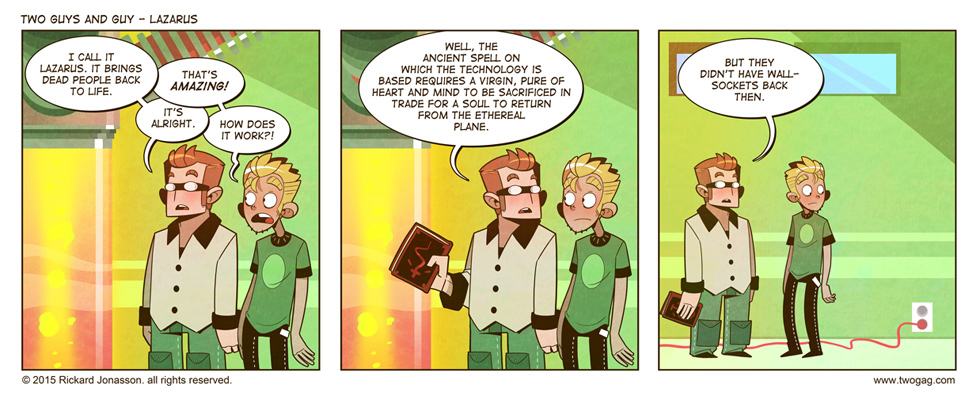From merry old Englandistan:
In short: English hospitals Emergency Room getting swamped with nonsense like broken fake fingernails, taking up time, funds, space, resources, time.
Well… duh.
Exciting personal anecdote: a few months ago I found myself in possession of a minor physical malady. The pain it produced was remarkable. Sadly, my regular doctor was fully booked and couldn’t see me that day. They suggested I walk a few hundred feet down the hallway to the ER. So… I waited in the waiting room for about two hours, then another hour in the ER proper. And then I walked out, without being treated. Why? Well, I asked: “So, what is this likely to cost me?”
“$600.”
“Byeeeeee…”
And I got a doctors appointment for the next day and the problem was resolved. One night of buggo-drivin’ pain was not worth $600.
Even before I found out what the cost was going to be, I was on the edge of bolting. The whole time I was there in pain, I knew that it was not medically serious; certainly not life threatening. But the patient on the other side of the curtain? Slow, ragged machine-assisted breaths that I’m pretty sure were about that persons last, coupled with weeping family members. *That* is a dandy way to make you realize “I can live with this for another 18 hours, no sweat.”
And so Britainland has universal (I gather essentially “free”) health care, which means people aren’t charged an arm and a leg for visiting the ER. So if it is actually free…. why *not* take advantage of it?
There’s no such thing as free health care. *Somebody* has to bear the burden of the cost of labor for the doctors and nurses if nothing else. Is there some good reason why the person actually consuming that service shouldn’t have to bear at least some of the cost? How much would an ER visit have to cost to dissuade morons from coming in complaining of hiccups and the like? If it was fifty bucks, I would imagine most people with stupid complaints would think twice… but it’s a cheap price for a broken leg or a stab wound.



